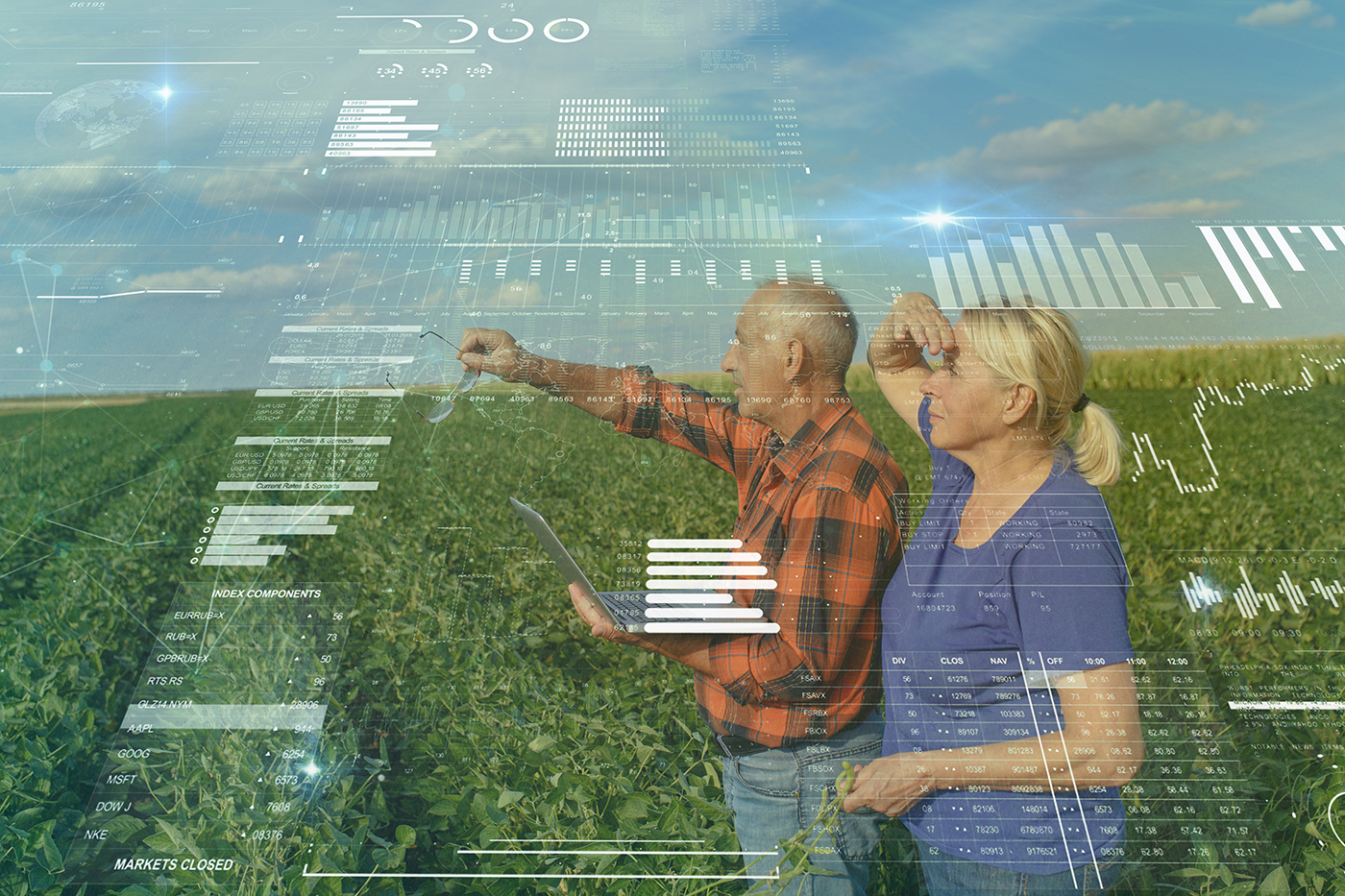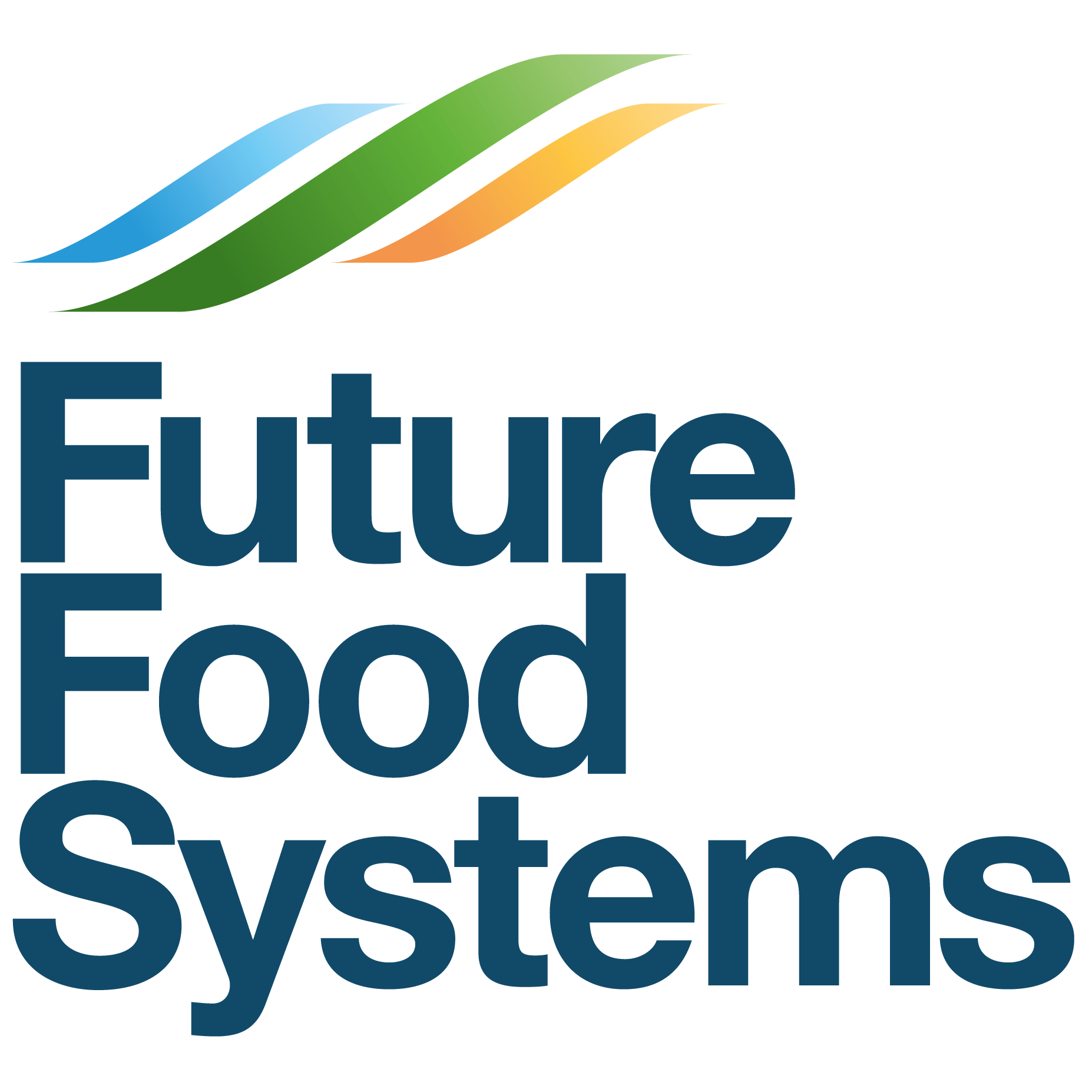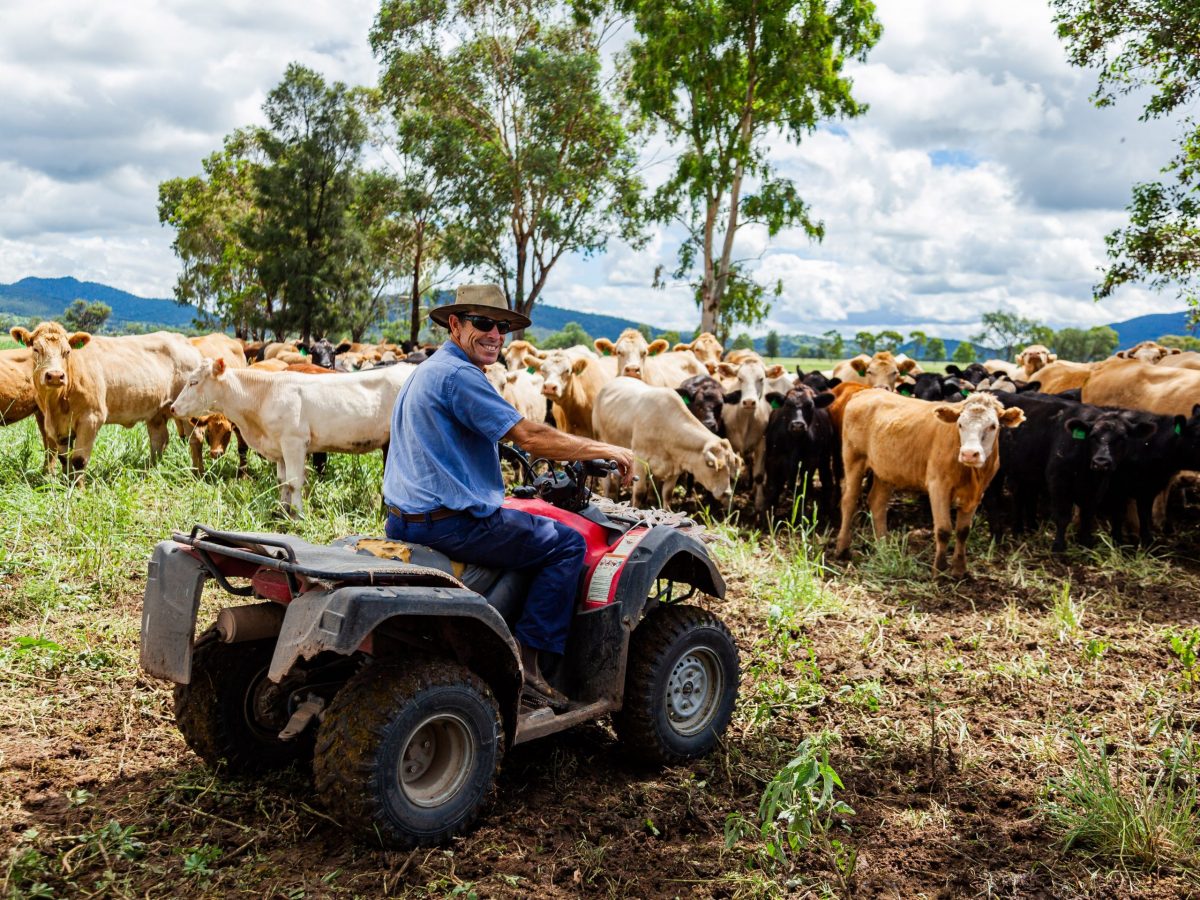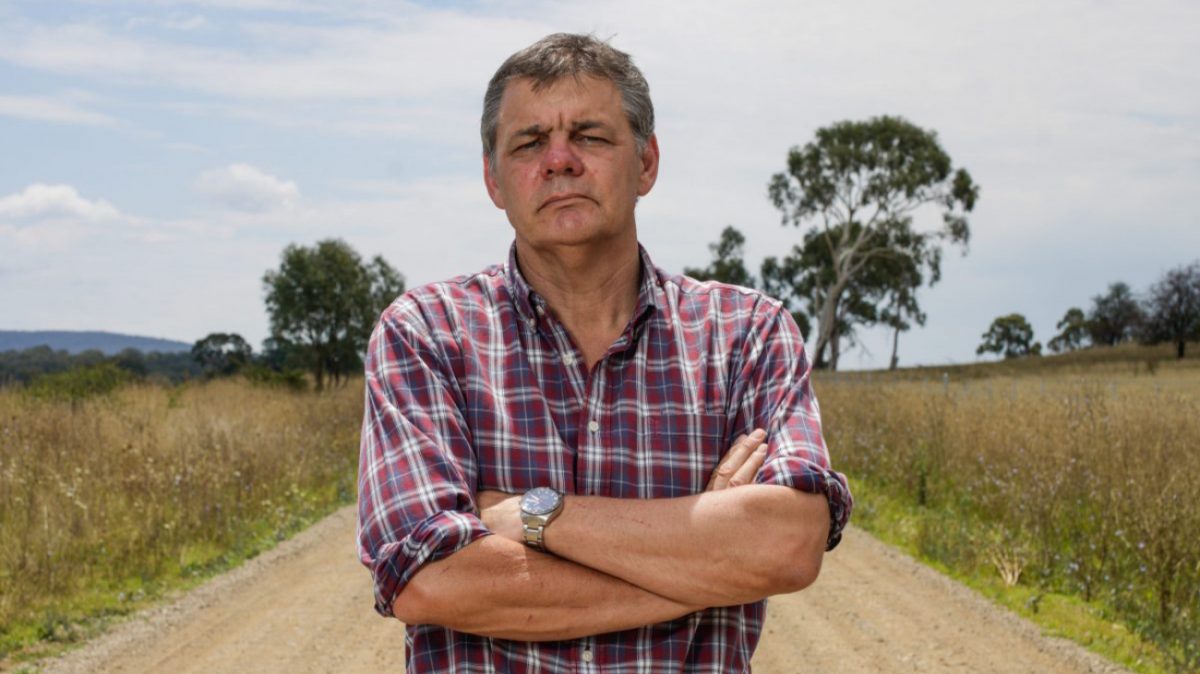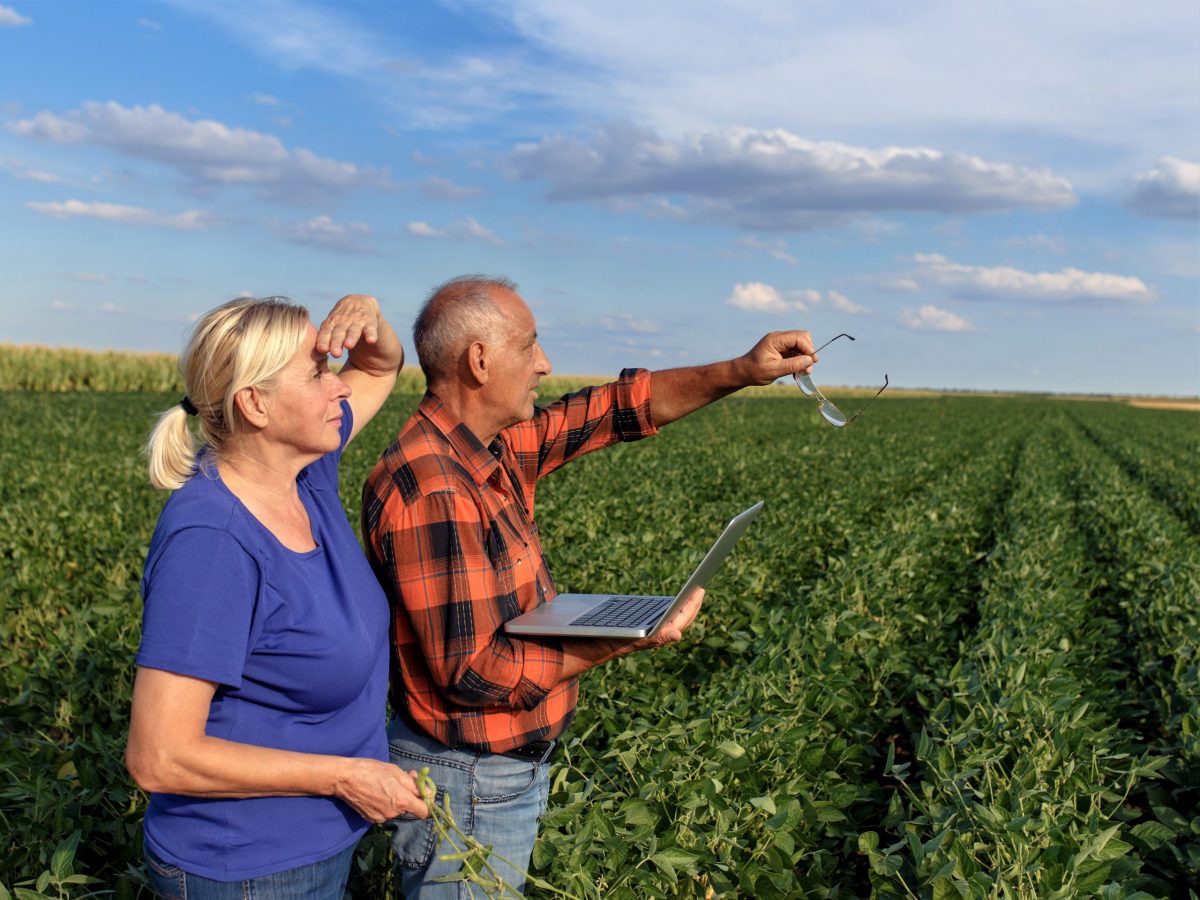Challenge Agriculture contributed $13.6 billion to the New South Wales economy in 2020, but significant challenges threaten the sector’s ability to meet its ambition of reaching $30 billion by 2030—the “30×30” goal. As the state recovers from the compounded effects of drought, bushfires, and COVID-19, agriculture is expected to play a key role in economic revival. However, many farmers risk being left behind due to barriers in accessing new technologies, markets, and organisational innovations. These barriers may stem from lack of awareness, limited capacity, or systemic mismatches between farmer needs and the design of emerging opportunities. Addressing this disconnect is critical to ensuring equitable, inclusive growth across regional NSW.
Solution This project, led by UNE in collaboration with NSW Farmers and Future Food Systems CRC aims to map and understand the constraints and aspirations of farmers across NSW through a farmer-driven ideation and consultation process. Using a Design Thinking framework, the project proceeded in three stages: broad-scale survey-based data collection, in-person validation workshops, and final ideation and reporting. The online survey, targeting both NSW Farmers members and non-members, gathers insights into on-farm and supply chain challenges, as well as gaps in technology adoption, regulation, and market access. Workshops across diverse NSW regions validated findings and involved farmers directly in shaping tailored solutions.
Impact This project delivered a farmer-centric roadmap to support NSW agriculture in achieving the 30×30 goal. By grounding the process in direct farmer consultation, it ensured that growth strategies are inclusive, relevant, and responsive to real-world conditions. The project enhances FFS’s ability to accelerate the adoption of research outputs and identifies concrete interventions that align with the aspirations and capabilities of diverse farming enterprises. In doing so, it strengthens the role of farmers as drivers of regional economic development, while helping to shape future-ready food systems through informed policy, targeted investment, and capacity-building initiatives.


